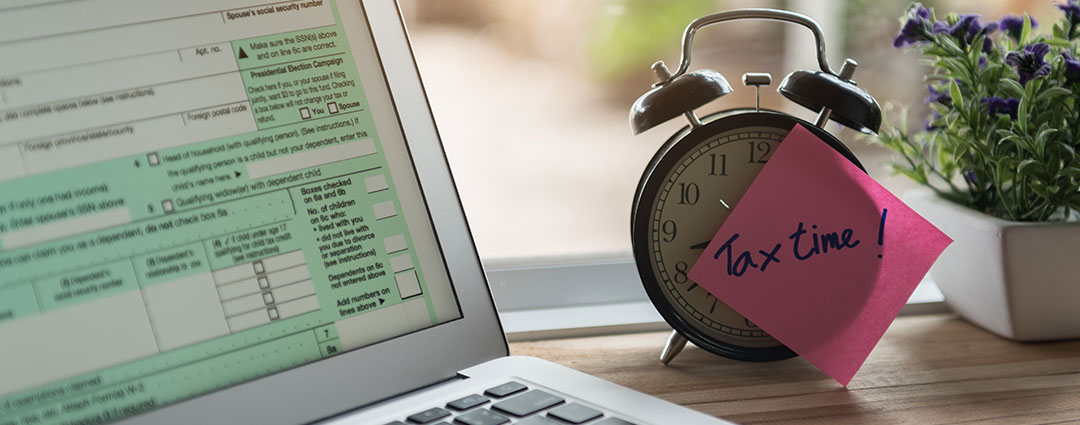In this article, you can discover…
- Why maintaining accurate tax records is vital for avoiding IRS penalties.
- What to do if you lose important tax documents along the way.
- How an experienced tax attorney can help you keep accurate records and avoid penalties.
Why Is Maintaining Accurate Tax Records Important For Avoiding IRS Penalties?
Of the many tax record-keeping best practices, accurate record-keeping is the cornerstone of tax compliance for both individuals and businesses. Whether you’re a sole proprietor, an employee, or a business owner, keeping thorough and organized records ensures you’re prepared if the IRS or state tax authorities ever conduct an audit.
Unlike in criminal cases where the government bears the burden of proof, the responsibility to prove deductions and income lies with the taxpayer. That means if you’re audited, you must provide documentation supporting your claims. Key records to maintain include:
- Receipts and invoices
- Bank statements and canceled checks
- Mileage and travel logs
- Proof of income, such as W-2s and 1099s
- Copies of tax returns and payment confirmations
These records are essential not just for filing but for protecting yourself from potential penalties if your filings are ever questioned.
What Types Of Tax Records Do I Need To Keep To Comply With North Carolina And South Carolina State Tax Laws?
State tax authorities, like the IRS, expect detailed documentation to support your reported income and deductions. Here’s a breakdown of some important records to keep:
For Income:
- W-2s and 1099s
- Sales receipts
- Bank deposit records
- Income logs (for cash-based businesses)
For Expenses:
- Invoices and receipts
- Canceled checks and credit card statements
- Detailed mileage and travel logs, including: (Date and purpose of the trip, Who you met with, Business purpose of the meeting)
For Asset Sales or Depreciation:
- Purchase and sale documents
- Depreciation schedules
- Documentation of improvements or repairs
Be sure to keep copies of filed tax returns and proof of mailing or e-filing. It’s also helpful to track certified mail or delivery confirmations for paper filings.
What Steps Should I Take If I Lost Important Tax Documents I Need For Filing?
Losing tax documents can happen for many reasons, be it a natural disaster, generally being somewhat disorganized, or simply misplacing them. If that occurs, your best option is to recreate the records as thoroughly as possible. To do so, follow these tips:
- Review calendars and schedules to reconstruct mileage logs or meeting details.
- Contact vendors or service providers like suppliers and contractors for copies of purchase records.
- Access bank and credit card statements to track business-related transactions.
- Avoid co-mingling. Keep personal and business transactions in separate accounts to help isolate deductible expenses.
While recreating records is time-consuming, it’s often possible to piece together sufficient documentation for a legitimate tax filing. The key is persistence and using all resources available to you to validate income and expenses.
What Steps Can I Take To Improve My Record-Keeping For Next Tax Season?
Improving your record-keeping is a proactive way to reduce stress and lower your risk during an audit. You can use accounting software like QuickBooks to track income and expenses automatically. This goes far in streamlining your record-keeping.
Also, try backing up all records digitally if you haven’t already, whether by cloud storage or an external drive. This is a good supplement to have in addition to physical copies.
Maintain separate bank and credit card accounts for business transactions to prevent confusion. Keep detailed travel logs, too, including:
- Date, destination, and mileage
- Individuals you met with
- Purpose of the trip and related expenses
Don’t rely solely on bank or credit card statements. They’re often not enough to satisfy IRS or state standards. Regularly back up receipts and documentation to avoid issues like fading print or accidental loss.
Remember: You don’t need your records until you really need them, so stay ahead of the game as much as you can.
How Can A Tax Attorney Help Ensure Proper Record-Keeping For IRS And State Tax Audits?
Tax attorneys play a key role in both preventing tax problems before they arise and defending clients when audits or disputes occur. On the proactive side, they offer personalized guidance on which records to maintain, suggest reliable systems and software for tracking income and expenses, and help clients understand the potential risks that could trigger an audit, preparing them far in advance.
When issues do come up, tax attorneys step in to help reconstruct missing or incomplete documentation, assist in proving the legitimacy of deductions, and advocate directly with IRS or state auditors to clarify what counts as acceptable evidence. Partnering with one can be the deciding factor between a smooth resolution and suffering serious financial consequences.
Have You Ever Had A Client Who Thought They Had Great Records, Only To Find Out They Were Missing Key Information?
A common issue we see involves clients who believe their credit card or bank statements are sufficient. While helpful, those statements alone don’t prove business intent or legitimacy of expenses. Here are some common examples:
- Missing travel details: We’ve had many clients who kept mileage logs but forgot to record who they met with or why.
- Faded receipts: Paper receipts degrade over time, but people don’t necessarily realize this until it’s too late.
- Misclassified expenses: The IRS can’t determine from a statement whether a purchase was for business or personal use.
To avoid these issues, some clients use digital backups like scanned receipts or storing their data online. This is generally easier when it comes to preserving and accessing data years later.
Just remember that good intentions aren’t enough. Having thorough documentation is absolutely essential. Proactively keeping thorough, detailed, and backed-up records is your best defense.
Still Have Questions? Ready To Get Started?
For more information on tax record-keeping best practices, an initial consultation is your next best step. Get the information and legal answers you are seeking by calling South Carolina (803) 442-1797 | North Carolina (704) 741-3986 today.







